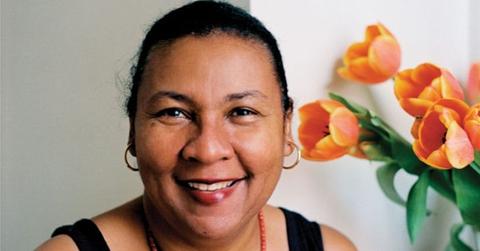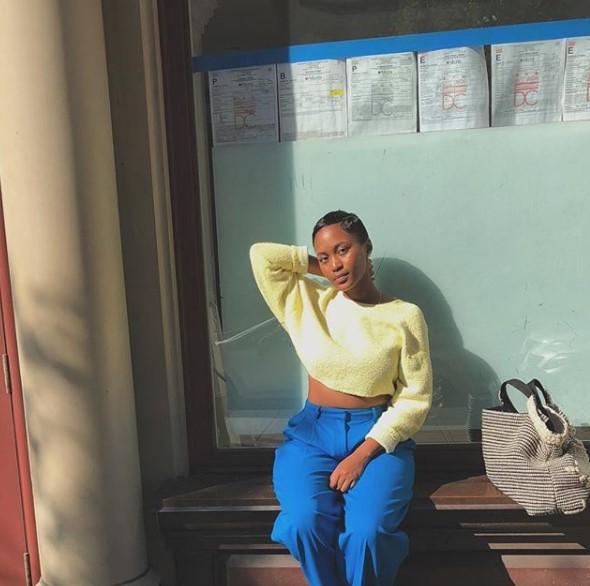bell hooks Made Feminism Inclusive For Black Women
bell hooks, born Gloria Jean Watkins, has passed away at the tender age of 69, surrounded by family and friends. First announced by her niece, Ebony Motley, and later Berea College in Kentucky, where hooks taught since 2004.
A distinguished author, activist, and leader in the feminist movement, bell hooks was a pen name derived from her grandmother, Bell Blair Hooks. She opted for lowercase letters to minimize interest in her person and accentuate the substance of her work.
The prolific writer released her debut collection of poetry, “And There We Wept,” in 1978, followed by her breakout book, “Ain’t I a Woman? Black Women and Feminism,” shortly after, in 1981. Throughout her literary career, she would go on to release over 40 books, covering critical topics including, feminism, gender roles, politics, racism, spirituality, and love.
Before I knew what feminism was, I knew bell hooks. Before I understood that women didn’t have it as good as men, I knew bell hooks.
The early ideology of feminism was seemingly centered around the progression of white women who wanted a voice at their dinner table. The early ideology wasn’t designed to include the advancement of Black women. It is through bell hooks, and her unwavering dedication to Black women’s liberation, that I found a place for myself within a movement that excluded my grandmothers and their grandmothers.
bell hooks made feminism inclusive to Black women by reminding us that, “feminism is the struggle to end sexist oppression.” It was her leadership, captured in 300 pages, that led me to take a seat, tap my neighbor on her shoulder, and lock arms with the women on either side of me, in the fight for our deliverance.
Losing a Black elder is hard. Black elders are our connection between then and now. Black elders are something that we can touch with the tips of our fingers that remind us of what Black people have given to America. The loss of bell hooks weighs heavy on all who have turned to her for guidance, encouragement, and at times, the ugly truth.
Writers everywhere have expressed their gratitude for all that bell hooks has given and will continue to give, to us, with Roxane Gay, tweeting “Oh my heart. bell hooks. May she rest in power. Her loss is incalculable.”
Leslie Mac spoke for many of us, saying, “Just FYI Black Women are NOT okay today. This loss is hitting us hard. bell hooks was an entry point to radical thinking for so many of us – I remember discovering her in high school and it completely shifted my understanding of the world.”
How the Word is Passed author, Clint Smith, echoed their sentiments, saying, “bell hooks was an extraordinary writer, thinker, and scholar who gave us new language with which to make sense of the world around us. Her work was imbued with a deep commitment to truth-telling, but also with a profound sense of care and love for community. She was a treasure.”
bell hooks was a remarkable woman whose dedication to change has empowered generations behind her to demand more. She reminded us that to truly be free, we must love each other.
As we sit with this infallible loss, I reflect on words from the icon, bell hooks, “it is essential to our struggle for self-determination that we speak of love. For love is the necessary foundation enabling us to survive the wars, the hardships, the sickness, and the dying with our spirits intact. It is love that allows us to survive whole.”







